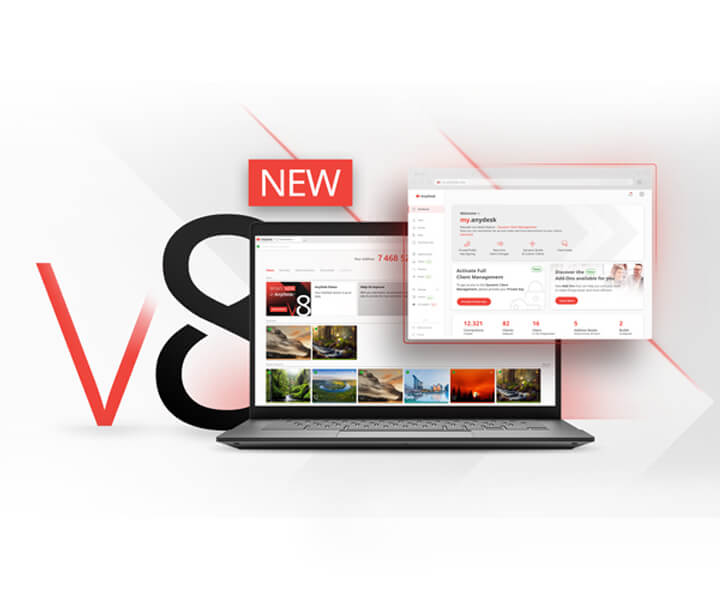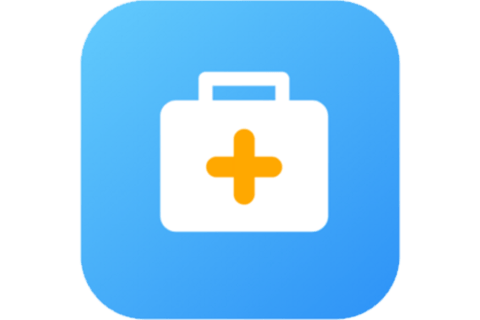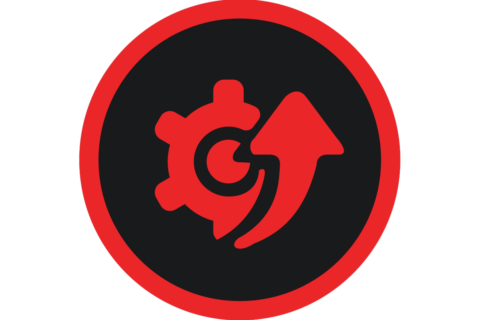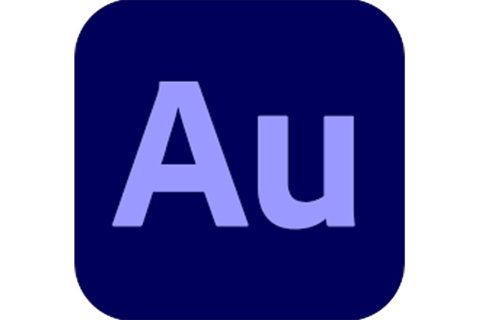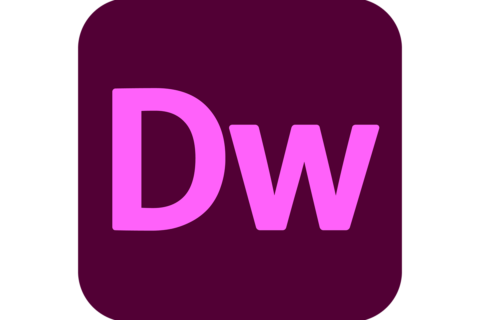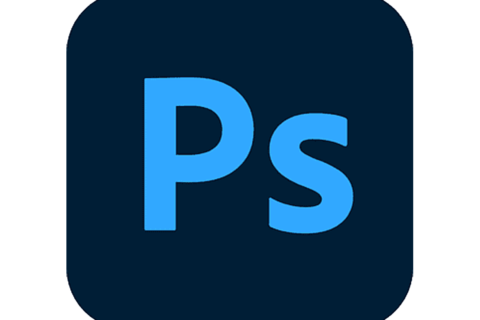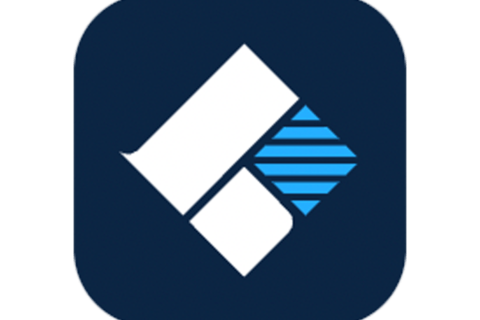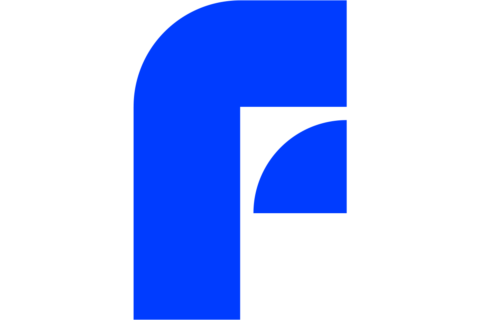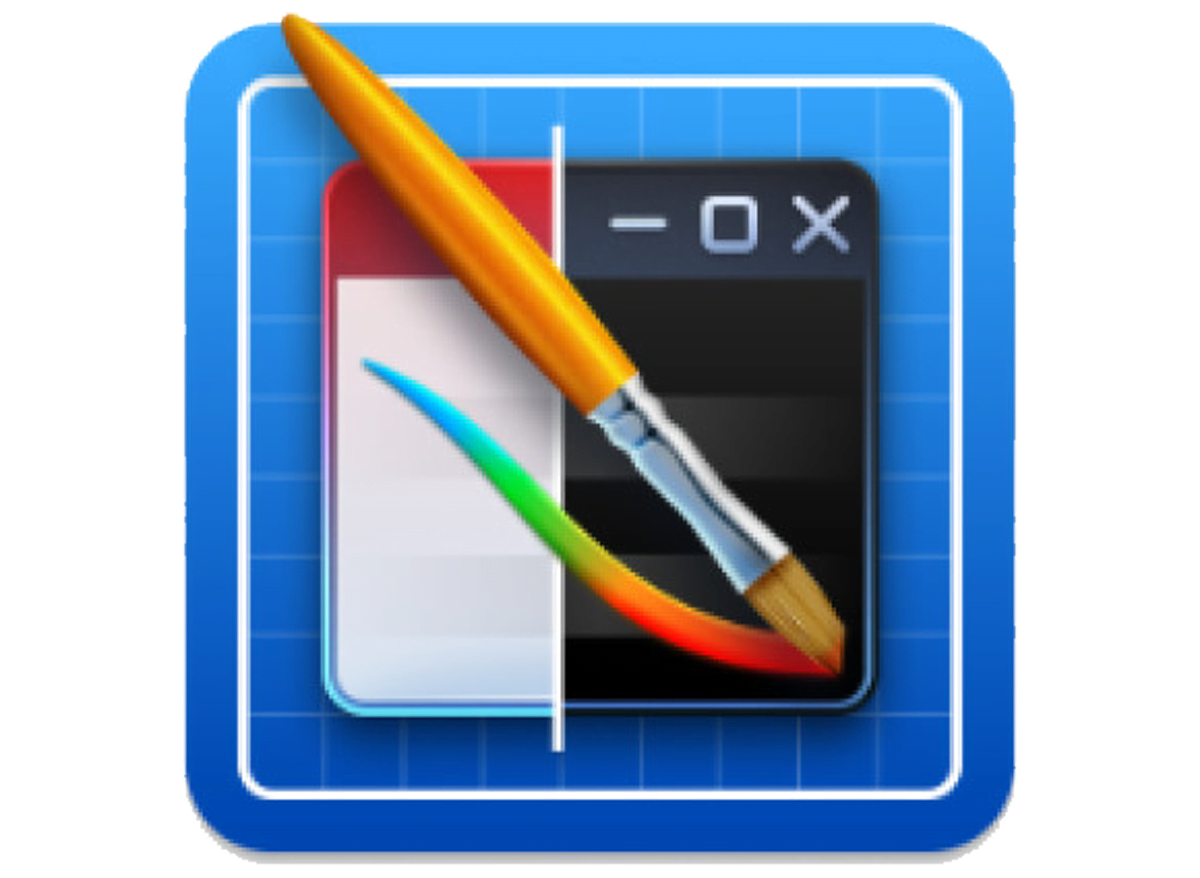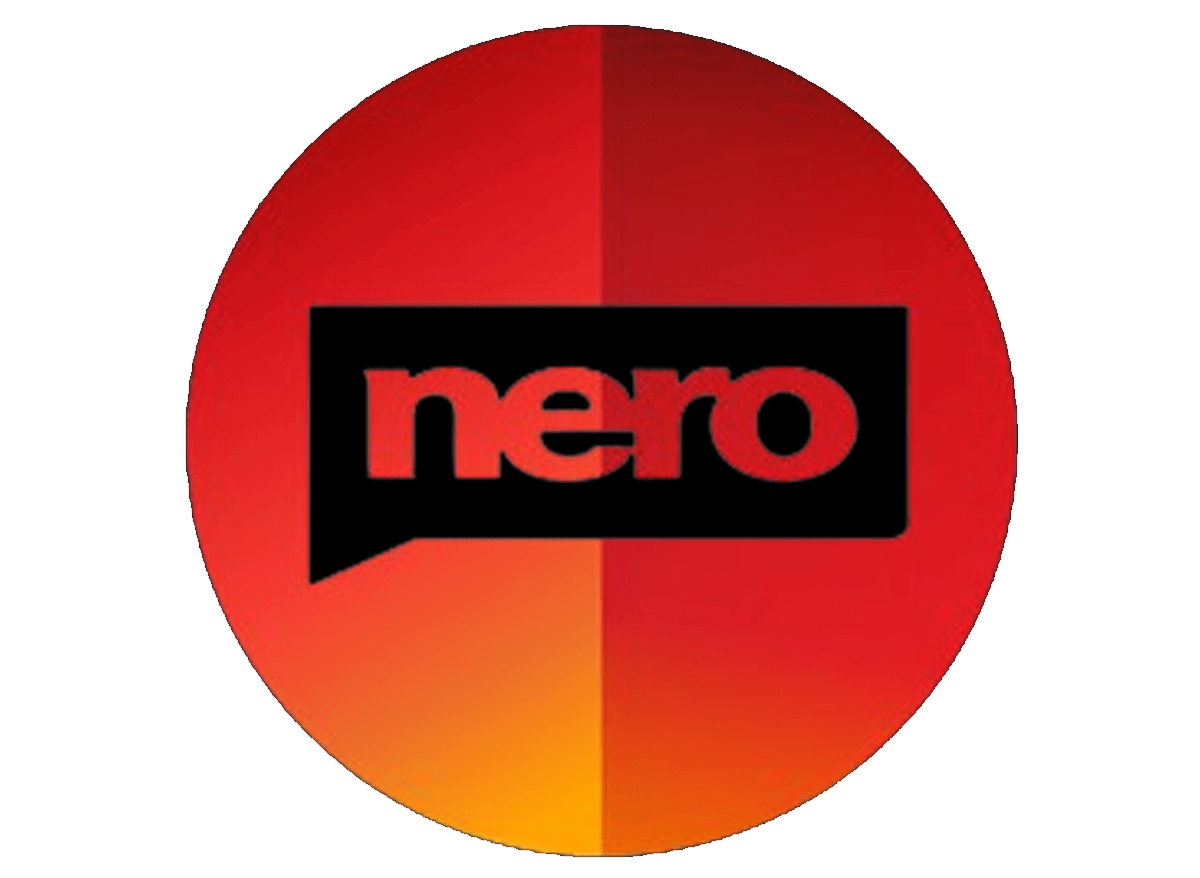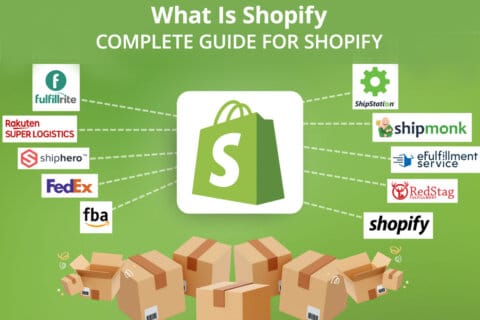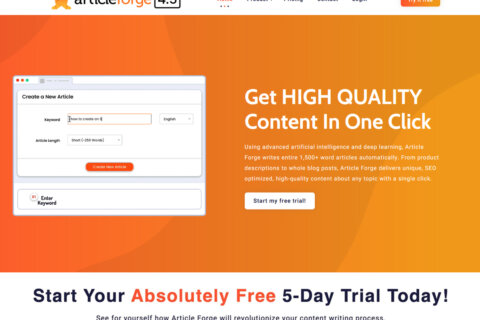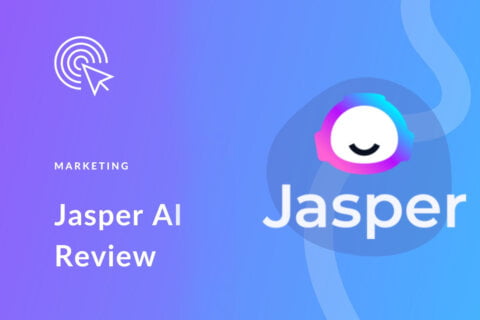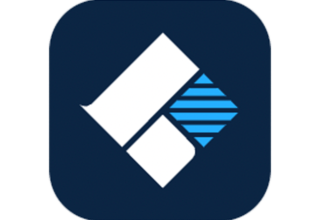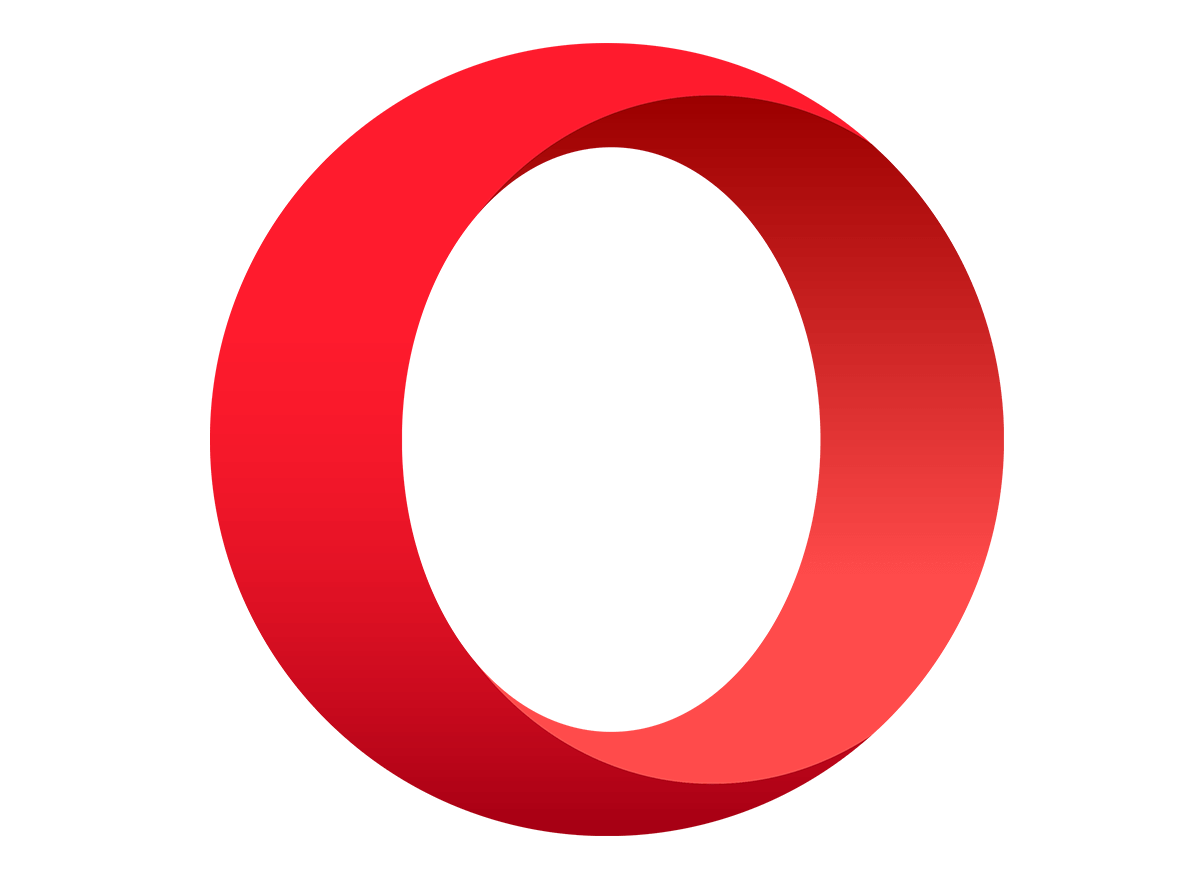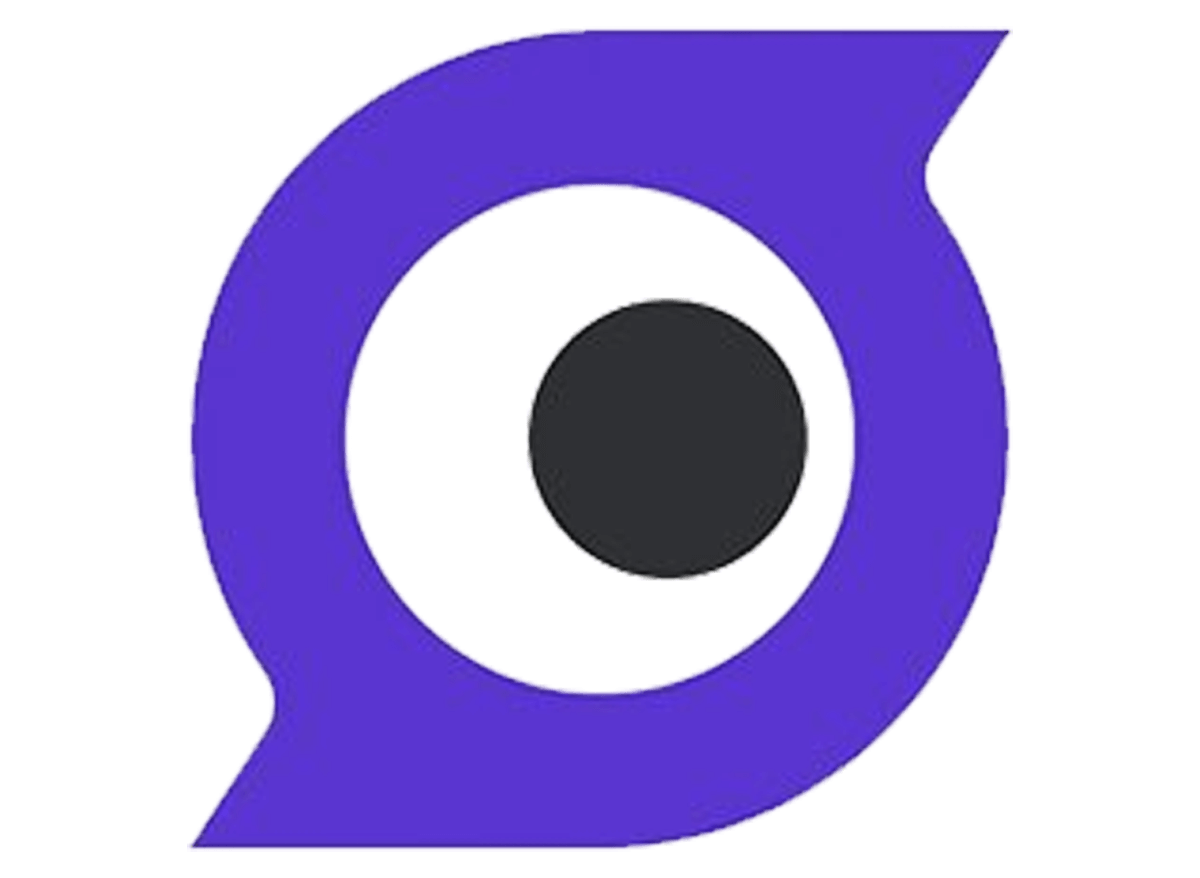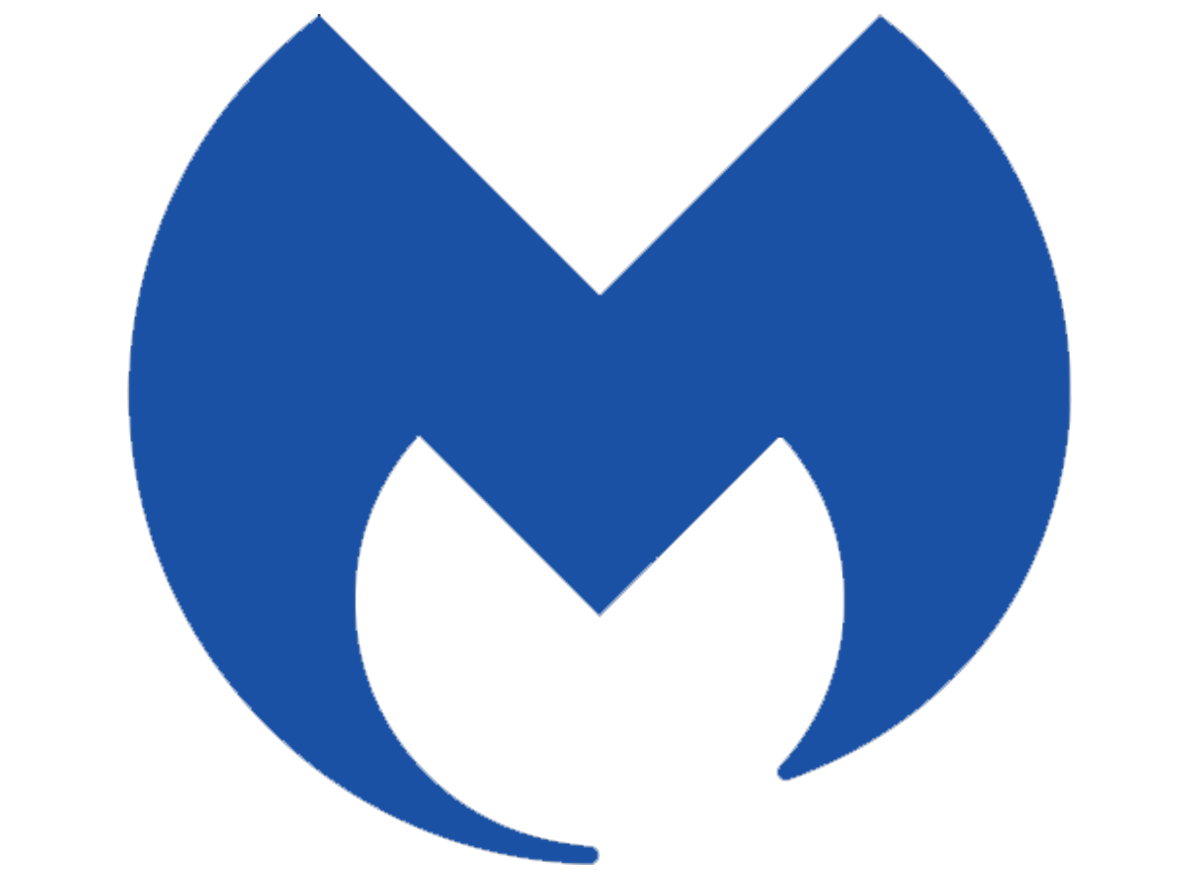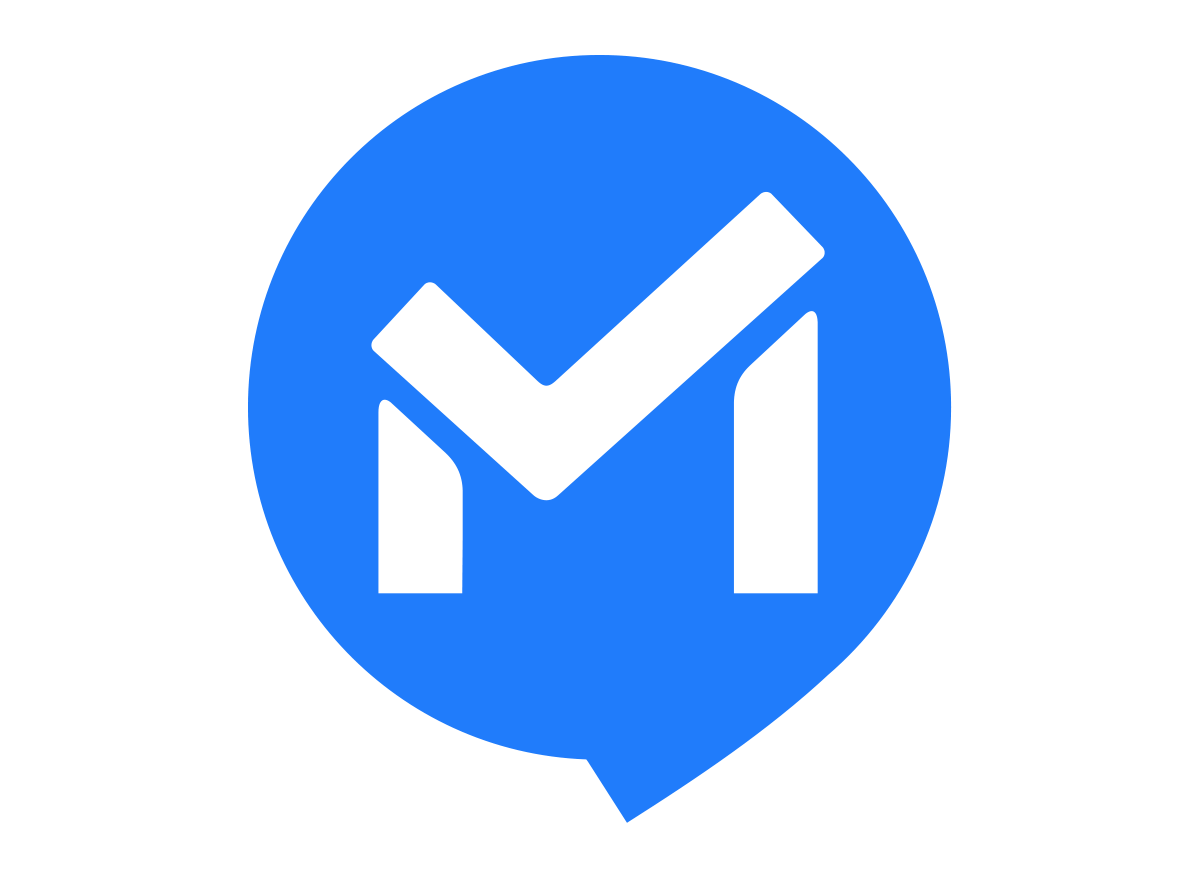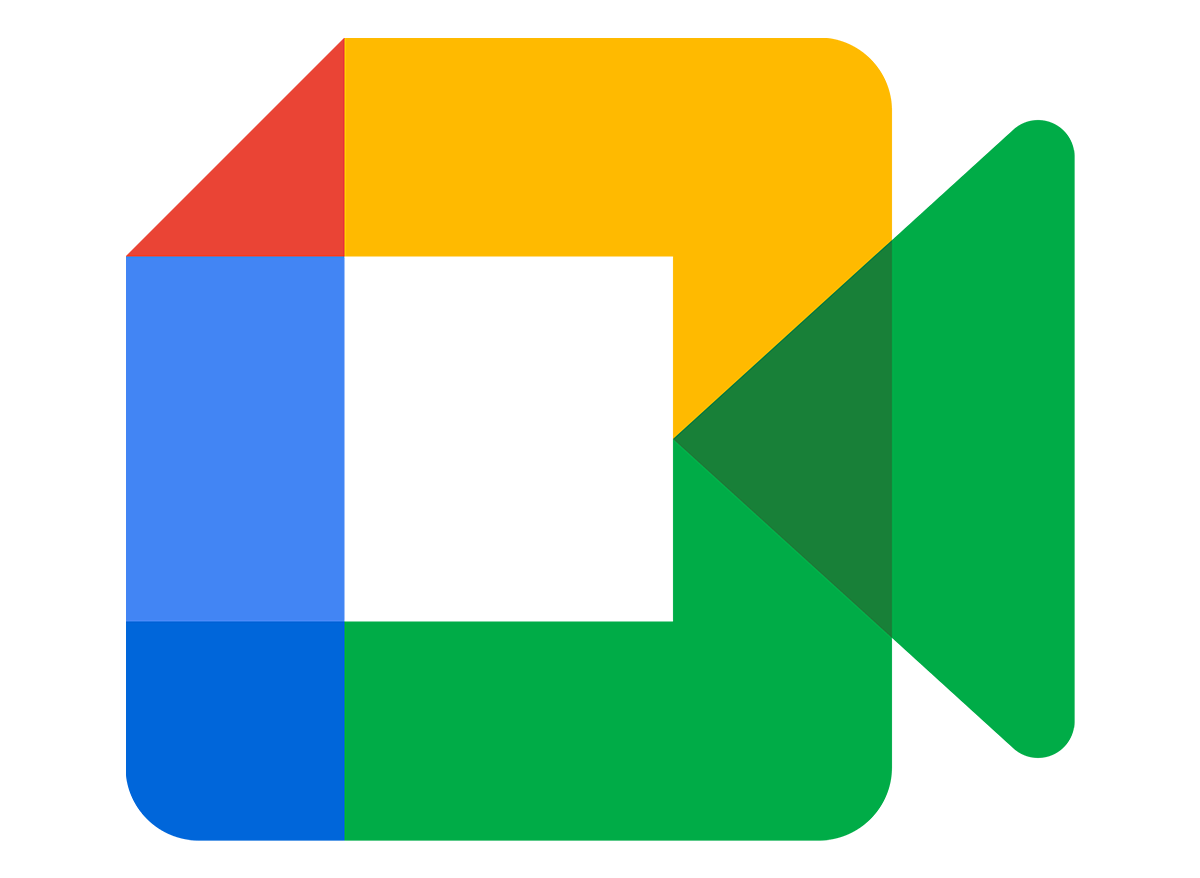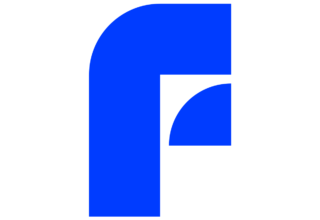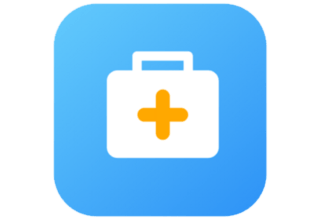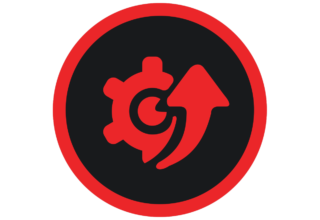In an increasingly digital and interconnected world, the need for reliable and efficient remote desktop software has never been more critical. AnyDesk has carved a niche for itself in this arena, offering a robust platform for remote access, collaboration, and support. With organizations embracing remote work and IT support teams managing systems across various locations, AnyDesk emerges as a vital tool in ensuring seamless connectivity and operational efficiency. This article delves into the features, benefits, technical requirements, and uses of AnyDesk, highlighting why it is a preferred choice for many businesses and individuals.
Overview of AnyDesk
AnyDesk is a remote desktop application that provides fast and secure remote access to computers and other devices. Established in 2014, AnyDesk has rapidly gained popularity due to its lightweight design and high performance. It allows users to control computers remotely with minimal latency, making it ideal for tasks such as technical support, remote work, and collaborative projects .
Key Features of AnyDesk
- High-Performance Remote Access: AnyDesk offers a high-speed connection with low latency, ensuring that remote sessions are smooth and responsive. This is achieved through its proprietary video codec, DeskRT, which delivers clear and quick visuals even in low-bandwidth environments .
- Platform Independence: A versatile application, AnyDesk supports various operating systems, including Windows, macOS, Linux, Android, and iOS. This cross-platform compatibility ensures that users can connect across different devices without any hassle .
- Robust Security: Security is paramount for AnyDesk. The software employs banking-standard TLS 1.2 encryption technology to protect data transmissions, ensuring that all communications are secure from unauthorized access. Additionally, AnyDesk uses RSA 2048 asymmetric key exchange to verify every connection .
- Flexible Licensing Options: AnyDesk offers both cloud-based and on-premises solutions, allowing businesses to choose a model that best fits their IT infrastructure and security requirements. The on-premises version is particularly useful for organizations with strict data security policies .
- Dynamic Client Management: Through the my.anydesk II platform, users can manage devices, monitor active sessions, and customize settings for specific needs. This management tool is especially useful for IT departments handling large numbers of remote connections .
- Additional Features:
- File Transfer: AnyDesk allows seamless file transfers between local and remote desktops, enhancing productivity by making it easy to share and modify documents during remote sessions .
- Remote Printing: Users can print documents from a remote device using any printer connected to their local machine, facilitating efficient printing .
- Session Recording: For training or auditing purposes, AnyDesk supports session recording, allowing users to document and replay remote sessions .
Benefits of Using AnyDesk
- Enhanced Productivity: By enabling remote access and control of devices, AnyDesk allows employees to work from anywhere, maintaining productivity regardless of location. This flexibility can significantly improve work efficiency and employee satisfaction .
- Cost-Effective Solution: AnyDesk reduces the need for physical presence, minimizing travel costs and downtime. IT support teams can troubleshoot and resolve issues remotely, leading to quicker resolutions and lower operational costs .
- User-Friendly Interface: Known for its simplicity, AnyDesk’s interface is intuitive and straightforward. This ease of use means less time spent on training and more time on productive activities .
- Reliable Customer Support: AnyDesk provides comprehensive customer support, including detailed documentation, tutorials, and a responsive help desk, ensuring that users can resolve issues quickly and efficiently .
Use Cases for AnyDesk
- Remote Work: As companies increasingly adopt remote work policies, AnyDesk provides a reliable means for employees to access office computers and resources securely from home or other locations .
- IT Support and Management: IT teams use AnyDesk to remotely manage and troubleshoot devices, install software, and provide real-time support, significantly reducing the need for on-site visits .
- Education: Educational institutions utilize AnyDesk for virtual classrooms and remote learning, facilitating collaboration between teachers and students in a secure virtual environment .
- Healthcare and Other Sensitive Industries: Industries that handle sensitive information, such as healthcare, benefit from AnyDesk’s robust security features, ensuring that remote consultations and data transfers are protected .
Technical Requirements
For optimal performance, AnyDesk requires specific system configurations. While the software can function on minimal setups, meeting or exceeding these recommendations can greatly enhance user experience:
- Operating Systems: Windows 7 SP1 and later, macOS, Linux, Android, iOS.
- Processor: A multi-core processor (2.4 GHz or higher) for smooth multitasking.
- Memory: At least 4 GB of RAM is suggested, with 8 GB recommended for handling more intensive tasks.
- Internet Connection: Stable internet connectivity is essential for smooth remote sessions; however, AnyDesk’s efficient codec allows it to function well even on lower bandwidth .
Future Prospects and Developments
Looking ahead, AnyDesk aims to integrate more advanced technologies into its platform, focusing on enhancing AI capabilities for more intuitive user interactions and predictive maintenance tasks. The continued development of its security features is also anticipated, keeping pace with evolving cybersecurity threats and ensuring the highest level of protection for users .
As digital transformation continues to shape the business landscape, tools like are set to play an even more pivotal role, facilitating seamless transitions to remote work environments and supporting the expanding needs of global IT infrastructures.
Conclusion
AnyDesk emerges as a versatile and reliable remote desktop tool that caters to a wide spectrum of uses, from simple home office setups to complex IT management scenarios. Its commitment to security, user-centric design, and comprehensive feature set make it a standout choice for anyone in need of premium remote connectivity solutions. Whether for business, education, or personal use, delivers a seamless experience tailored to the needs of its diverse user base, affirming its place as a leader in the remote desktop market. more software


